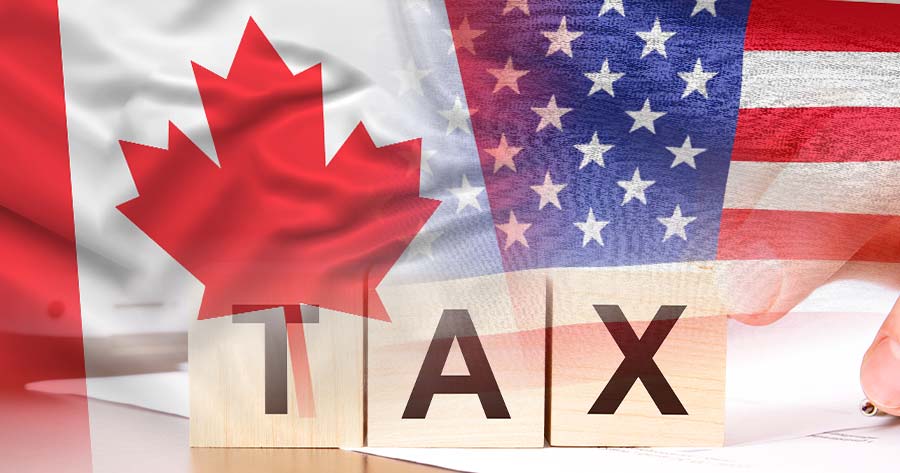U.S. President Donald Trump announced Thursday that the United States is ending all trade negotiations with Canada, citing an Ontario government advertisement that uses footage of former President Ronald Reagan criticizing tariffs.
The Trump Administration contends that the ad was intended to sway a forthcoming U.S. Supreme Court decision concerning tariffs, including those impacting Canadian exports. Trump’s statement followed remarks from The Ronald Reagan Presidential Foundation and Institute, which alleged that the ad distorts Reagan’s words from a 1987 radio address and that it was edited and used without authorization.
While the foundation did not specify the exact points of misrepresentation, it urged the public to view the full, unedited address posted on its YouTube channel. The organization also indicated it is considering legal action in response to the ad.
In a post on Truth Social, Trump asserted that Canada had used a “fake” advertisement featuring Reagan criticizing tariffs, and accused Canadian officials of attempting to interfere with court proceedings in the United States. He stressed the importance of tariffs for America’s national security and economic health, declaring the immediate suspension of all trade negotiations with Canada due to what he described as egregious conduct.
The ad campaign is part of a $75 million initiative announced by Ontario Premier Doug Ford earlier this month. The commercials, targeting audiences in the United States, feature clipped audio of Reagan warning that, while tariffs may appear patriotic and seem to protect American jobs in the short term, they ultimately harm American workers and consumers.
Ford, identifying himself as an admirer of Reagan, said the campaign is designed to reach Republican districts across the U.S. He first shared the ad on X on October 16.
Notably, this marks the second instance of Trump suspending trade discussions with Canada. On June 27, he announced a similar move in response to Canada’s imposition of a digital services tax on American technology firms, with the tax being rescinded by Canada two days later.





